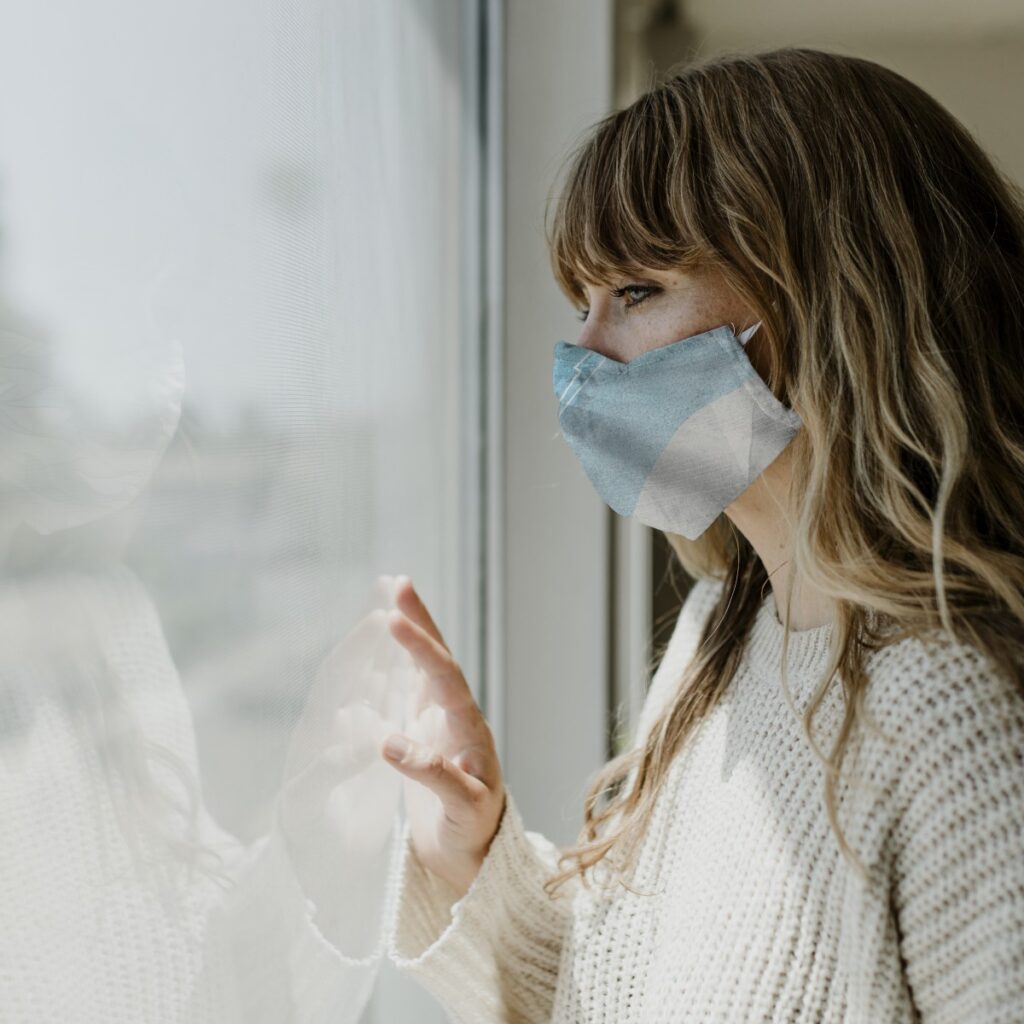
Pamela Cruz. Peninsula 360 Press [P360P].
After more than a year of pandemic COVID-19, the disease revealed and exacerbated the serious problems that exist in society, which over the years have affected, especially the most vulnerable, who today more than ever suffer in medical, educational, housing and lack of work, among many others, so to move forward and heal will need to bet on equity and justice, experts said.
Manuel Pastor, Distinguished Professor of Sociology and American Ethnic Studies at the University of Southern California, said the COVID-19 pandemic "revealed our ills as a society, and the pre-existing valleys of inequality have been inundated by the tsunami of disease.
This was stated during a briefing with the media held by Ethnic Media Serviceswhere he pointed out that the inequalities severely affected the community of immigrants with mixed legal immigration status who, while on the one hand the government was telling them they could have access to the vaccine, were also the same government that was eager to deport them.
Because of this, he said, "it's quite difficult to develop a level of trust" in government, a situation that was noticed early on in the pandemic and exacerbated in working-class people of color.
To this, he added that vaccination may have seemed, from the outset, equitable, however, many of the mass immunization sites were primarily designed to be accessed by car or to be reached by private transport, which discriminates against those who do not have access to a vehicle.
In addition, he said, it excludes those who don't have access to a computer, mobile devices or the Internet, which is why, from the beginning, the vaccination was aimed primarily at Caucasian residents.
Pastor detailed that "any state aid program should try to think about what it can do to be fully accessible to undocumented Californians."
He also explained that California decided to allocate 40 percent of the vaccines to the 25 percent of communities that had the worst rate of healthy places in the state, through local mobile clinics, who received the doses, mobilized trusted messengers and conducted campaigns to encourage vaccination.
That is why, he explained, it is necessary to see what will happen in the coming months, where it will be necessary to prioritize the needs of communities of color and undocumented residents, where they are taken into account for economic assistance and all relief programs.
On the educational level, Pastor pointed out that education is another area of the divide for communities of color, as they have experienced tremendous learning loss and, despite the reopening of schools, are the most reluctant to return.
In that sense, he said that families of color who suffered the virus at home are afraid to send their children to places where they may be infected, since it would mean occupying health services, a complicated situation for many, due to the lack of health insurance.
In addition, in Los Angeles County, 13 percent of white preschoolers did not have a computer with high-speed Internet, a figure that rises to 40 percent for African-American or Latino children.
Pastor stressed that the pandemic has also disproportionately affected the incomes of communities of color, which, while not causing a recession similar to that of 2008, which affected the economy evenly, residents are facing a "micro-recession."
And, according to Pastor, the stock and property markets have risen, so those with annual incomes above $100,000 are not affected, but not those at the bottom of the labor market, who have lost their income, jobs and, therefore, wages.
To the above, we must add mental health, where there is no equity either.
"The level of mental health trauma is high and we need to have culturally sensitive mental health resources available. We need to de-stigmatize the problem, make it be seen as a social and community-wide problem, not just your individual fault, so that people feel safe accessing those resources," she said.
The expert explained that, in communities of color, mental health is often seen as something to be treated in isolation, brutalized by a system, where people are seen as having to deal with that trauma on their own.
In this regard, Community Coalition Vice President of Organizational Development Leslie Johnson reported that the organization launched a site called "¿Estás bien?" ?in both Spanish and English? where residents can check their emotional health.
The "Are You OK?" campaign is a local coalition of residents and organizations dedicated to building healthy and resilient communities especially for the next generation.
In that sense, he explained that racism is the real pandemic being fought today, so it is necessary for officials to take seriously the mental health of those facing the pandemic who are attacked.
"COVID-19 has exacerbated many pre-existing conditions in our community that are fostered by institutional racism and white supremacy. We must call for solutions that are bold, not just at the individual level, but at the systems level," he said.


